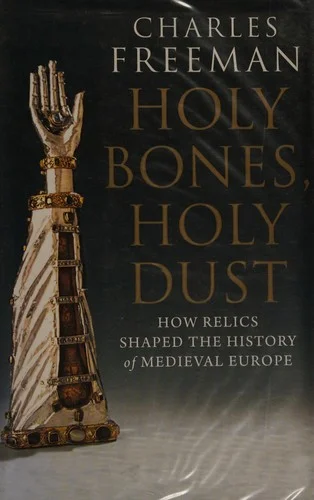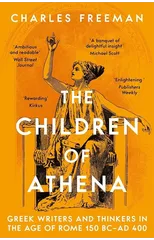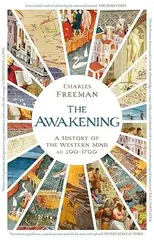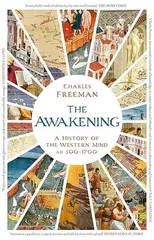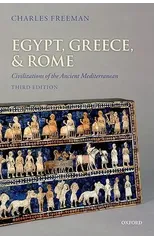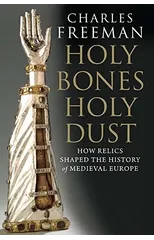Holy Bones, Holy Dust
How Relics Shaped the History of Medieval Europe
(Author) Charles FreemanRelics were everywhere in medieval society. Saintly morsels such as bones, hair, teeth, blood, milk, and clothes, and items like the Crown of Thorns, coveted by Louis IX of France, were thought to bring the believer closer to the saint, who might intercede with God on his or her behalf. In the first comprehensive history in English of the rise of relic cults, Charles Freeman takes readers on a vivid, fast-paced journey from Constantinople to the northern Isles of Scotland over the course of a millennium. In Holy Bones, Holy Dust, Freeman illustrates that the pervasiveness and variety of relics answered very specific needs of ordinary people across a darkened Europe under threat of political upheavals, disease, and hellfire. But relics were not only venerated—they were traded, collected, lost, stolen, duplicated, and destroyed. They were bargaining chips, good business and good propaganda, politically appropriated across Europe, and even used to wield military power. Freeman examines an expansive array of relics, showing how the mania for these objects deepens our understanding of the medieval world and why these relics continue to capture our imagination.
Charles Freeman
Charles Freeman is a historian and author known for his works on ancient history, particularly focusing on the Roman Empire and the origins of Christianity. His most notable works include "The Closing of the Western Mind: The Rise of Faith and the Fall of Reason" and "A.D. 381: Heretics, Pagans, and the Dawn of the Monotheistic State." Freeman's writing style is characterized by meticulous research and engaging storytelling, making complex historical topics accessible to a wide audience. His contributions to literature include shedding new light on the intersection of religion, philosophy, and politics in ancient times. "The Closing of the Western Mind" is perhaps Freeman's most famous work, exploring the decline of classical learning and the rise of Christian orthodoxy in the early medieval period. Through his work, Freeman has had a significant impact on the understanding of ancient history and the development of Western civilization.
